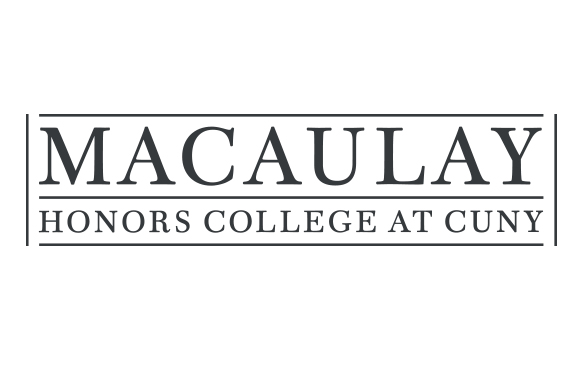Ethnobotany can Improve Health and Wellness
The Algonquian are one of the largest North American Native American groups with tribes that once spanned the regions of modern day Canada and the US. Despite their declining population, the Algonquian of today continue to be stewards of the lands that provide for them and as a result, are incredibly knowledgeable about the many native plant species in the areas in which they reside. In an effort to preserve the culture and collective knowledge of the Algonquian people in addition, to providing novel plant targets for therapeutics, Dr. Mary Pearl, of Macaulay Honors College of City University of New York, is working with the Algonquian people to cataloge the vast amounts of useful plants within the New York area. Fundamentally interested in understanding how we can maintain the health of ecosystems, Dr. Pearl is convinced that human well-being depends on the maintenance of biodiversity. Therefore, in addition to her work with the Algonquian people, she also conducts research on endangered species conservation and forest conservation.
With only three ethnobotany programs at US universities, Dr. Pearl’s is the only program that focuses on urban-centered plant use. Furthermore, it is the only program that links a Native American tribe, a botanical garden, and a university to form an incredible collaboration that helps to understand the value of native plants to human health and well-being. In addition to her cultivation of biodiversity, Dr. Pearl concentrates many of her efforts upon implementing educational innovations to ensure that young people are scientifically literate and numerate. By building novel curriculums for general science education at the college level in the US and improving STEM education abroad, Dr. Pearl’s passion is driving research with truly remarkable results.
Current research includes:
-
Ethnobotany: In partnership with the New York Botanical Garden and Lehman College, Dr. Pearl created a new concentration for students at CUNY in ethnobotany. Moreover, she is working with the Shinnecock Nation to develop an economic botany of the plants native to the northeastern US.
-
Endangered Species Conservation: Dr. Pearl and her team are working to conserve endangered species. In the face of disease emergence, this has been an exceptional project that is leading to the preservation of important species.
-
Tropical Forest Conservation: Dr. Pearl is studying carbon sequestration, local community livelihoods, and biodiversity sustainability through financial and social mechanisms. She and her team have two ongoing projects in Indonesia and one in Brazil where they are actively improving STEM education in high schools abroad.
Bio
Dr. Mary Pearl has always been intensely curious about the world; this curiosity lead her to become a researcher and continues to motivate her work. In the course of conducting her research on social behavior in wild Himalayan rhesus monkeys, she discovered the deterioration and removal of wildlife habitat. Therefore, she added sustainability of landscapes and the relation of people to their environment as research interests. Due to this shift, Dr. Pearl’s motivation now is less about the evolution of social behavior and more concerned with the future of human ecology. Her inspired sense of mission coupled with her strong belief in empirical relevance has provided a window into how we as a species will continue to thrive on our planet.
In her free time, Dr. Pearl enjoys spending time in nature in the company of her family. Aside from trips to Cape Cod, where she is able to admire the ocean and the shores, she also enjoys the theater and music. In addition, her love of travel is consistent with her enthusiasm for learning about other cultures and languages as she is fluent in five languages.


